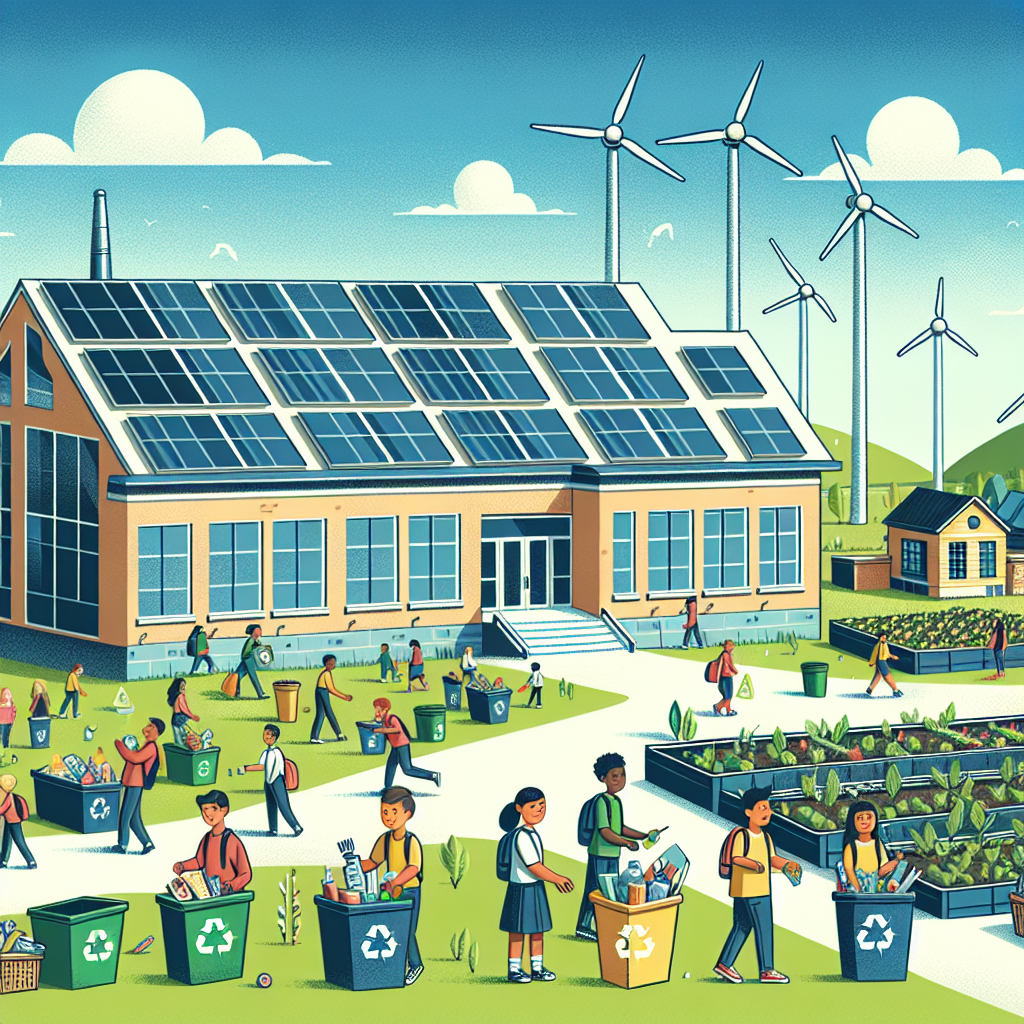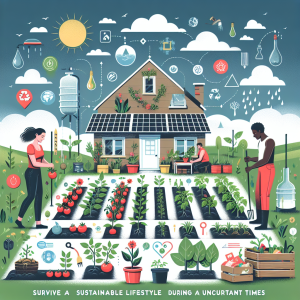Water Management in Off-Grid Homes
Water management in off-grid homes plays a critical role in ensuring sustainability, efficiency, and self-reliance. Off-grid living, often celebrated for reducing dependence on conventional utilities, necessitates a strategic approach to managing natural resources. Effective water management is paramount to achieving a successful off-grid lifestyle. Key aspects include rainwater harvesting, water purification, greywater recycling, and efficient usage. By integrating these elements, homeowners can maintain an eco-friendly and self-sufficient water system.
Rainwater harvesting is a cornerstone of water management for off-grid homes. This sustainable practice involves capturing and storing rainwater for future use. Systems typically include rooftop catchments, gutters, and storage tanks. The effectiveness of rainwater harvesting largely depends on factors such as local rainfall patterns, roof surface area, and storage capacity. In areas with high annual rainfall, this method can supply a significant portion of a home’s water needs. It’s vital to install filters and first-flush diverters to remove debris and contaminants from captured water. Regular maintenance of gutters and tanks ensures the system operates efficiently.
Water purification systems are essential in off-grid settings to ensure that harvested or sourced water is safe for consumption. Several technologies can be employed, depending on the specific needs and budget of the household. Filtration systems, ultraviolet (UV) purification, and reverse osmosis (RO) are popular options. Filtration generally involves physical filters that remove particulates and certain pathogens. UV purifiers effectively eliminate bacteria and viruses without affecting water taste. Reverse osmosis offers comprehensive purification by removing a wide range of contaminants, including heavy metals. It’s crucial to regularly maintain these systems to ensure optimal functionality.
Greywater recycling is another vital component of water management in off-grid homes. Greywater refers to gently used water from sinks, showers, and washing machines. Recycling this water for non-potable purposes like irrigation or toilet flushing significantly reduces fresh water demand. Implementing a greywater system involves diverting used water to a treatment unit where it is cleaned and sanitized. Systems vary in complexity, from simple diversion devices to advanced filtration and disinfection units. Consideration must be given to local regulations regarding greywater usage to ensure compliance and safety.
Efficient water usage is indispensable in off-grid homes, where resources are finite. Implementing water-saving fixtures and appliances can greatly reduce consumption. Low-flow toilets and showerheads, efficient dishwashers, and washing machines minimize water use without sacrificing performance. Additionally, mindful practices such as fixing leaks, using collected rainwater for garden irrigation, and having shorter showers contribute to overall water conservation. Homeowners can employ smart irrigation systems that adjust water usage based on weather conditions and soil moisture, further optimizing water efficiency.
Water storage is crucial for ensuring a constant supply in off-grid homes, especially in regions with inconsistent rainfall. Robust storage solutions like rainwater tanks, typically made from polyethylene, fiberglass, or steel, can hold thousands of gallons. It’s important to choose tanks resistant to algae growth and designed for longevity. Cisterns buried underground offer an alternative for those concerned about space and aesthetic impact. Strategically placing multiple tanks can increase storage capacity and resilience, providing a buffer during dry periods.
Incorporating renewable energy to power water management systems aligns with the off-grid philosophy. Solar panels can effectively power pumps and purification systems, reducing reliance on fossil fuels. Solar water heaters can efficiently provide hot water without the need for electricity. Integrating wind turbines or micro-hydroelectric systems where feasible further enhances energy independence and sustainability. Regular assessment and maintenance of renewable systems ensure consistent energy supply to water management solutions.
Adopting permaculture principles can enhance water management in off-grid homes. By designing landscapes that naturally manage water flow, homeowners can create systems that support both water conservation and the surrounding ecosystem. Swales, berms, and rain gardens aid in slowing water runoff and promoting groundwater recharge. Selecting native plants reduces the need for irrigation by choosing species adapted to local climates and water availability. This holistic approach not only preserves water but also fosters biodiversity and soil fertility.
Educational efforts and community involvement greatly benefit off-grid water management initiatives. Sharing knowledge about effective techniques and technologies helps foster a culture of sustainability. Workshops and online forums provide platforms for exchanging experiences and solutions. Local communities can collaborate on larger projects like shared wells or community rainwater systems, increasing resource efficiency and reducing individual costs. Engaging with local governments and organizations ensures compliance with regulations and access to potential funding sources for water management projects.
Addressing challenges related to climate change is essential for off-grid water management. Altered weather patterns and extreme events can affect water availability and quality. Off-grid homeowners must remain adaptable, monitoring environmental changes and adjusting their water systems accordingly. Investments in advanced weather forecasting tools and drought-resistant infrastructure can help mitigate potential water shortages. Creative solutions like fog catchers or dew collectors can complement conventional systems, providing water even in arid environments.
By focusing on these elements, off-grid homes can achieve efficient and sustainable water management. Each strategy, from rainwater harvesting to renewable energy integration, plays a vital role in this ecosystem. The benefits of managing water effectively extend beyond individual households, contributing to broader environmental preservation efforts. Implementing innovative practices and staying informed about developments in water management ensures that off-grid homes remain resilient and sustainable in the face of changing global circumstances.



